Home>Gardening & Outdoor>Landscaping Ideas>What Is Lemongrass For
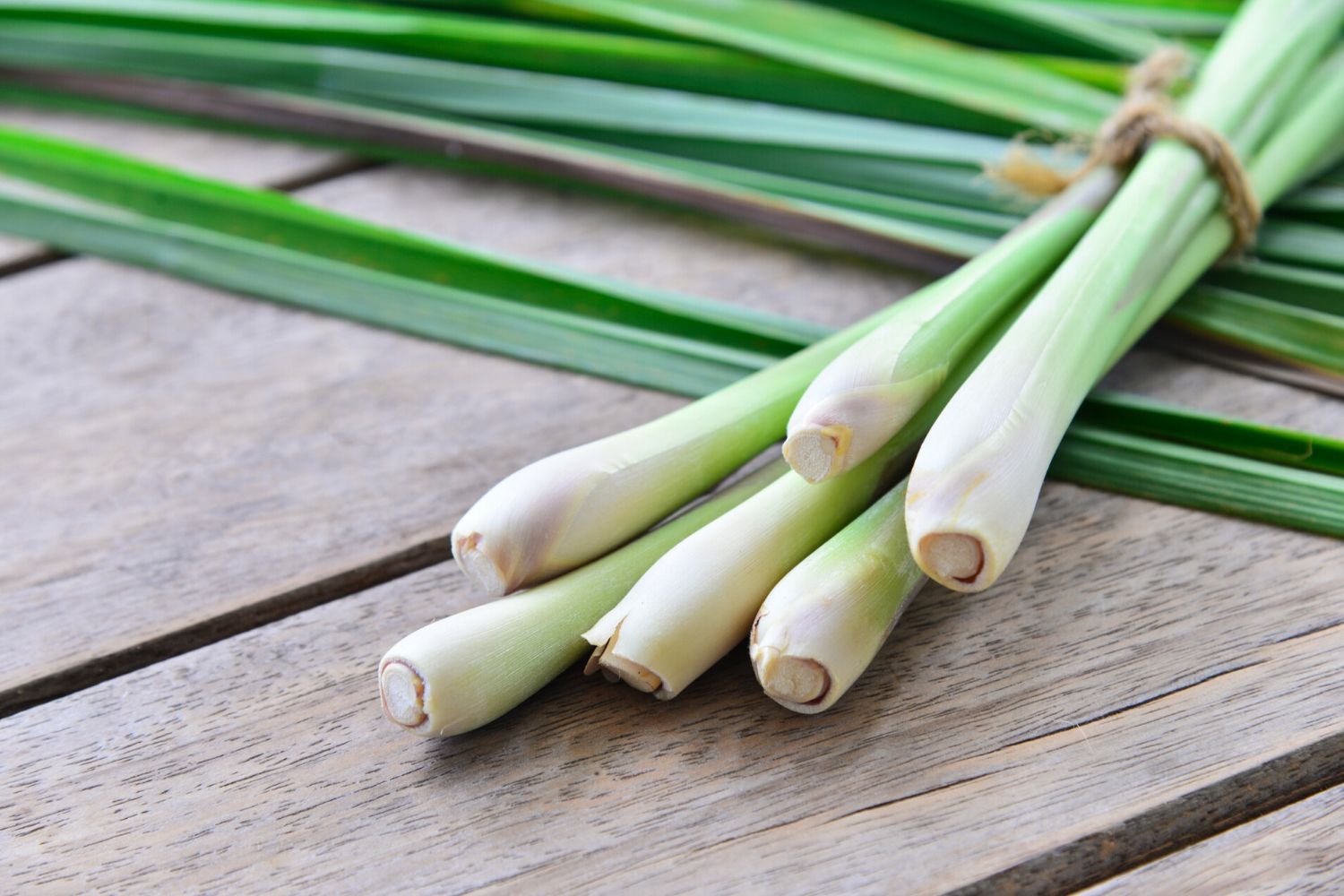

Landscaping Ideas
What Is Lemongrass For
Modified: February 18, 2024
Discover the versatile uses of lemongrass for landscaping ideas and how to incorporate it into your outdoor space. Explore creative ways to enhance your garden with lemongrass.
(Many of the links in this article redirect to a specific reviewed product. Your purchase of these products through affiliate links helps to generate commission for Storables.com, at no extra cost. Learn more)
Introduction
Lemongrass, with its refreshing citrus scent and a hint of ginger, is a versatile herb that has been cherished for centuries for its culinary, medicinal, and aromatic properties. This tall, perennial grass, native to tropical regions such as Southeast Asia and Africa, is a staple in many cuisines and traditional medicine systems. Its distinct flavor and aroma make it a popular ingredient in various dishes, teas, and essential oils.
The unique fragrance of lemongrass is derived from its high concentration of essential oils, particularly citral, which gives it a zesty, lemony flavor. This herb is not only prized for its delightful taste but also for its numerous health benefits. From relieving digestive issues to promoting relaxation, lemongrass has earned a well-deserved reputation as a multi-faceted herb with a wide array of applications.
In this comprehensive guide, we will delve into the diverse uses of lemongrass, exploring its role in culinary creations, traditional medicine, aromatherapy, and insect repellent. By understanding the versatility and benefits of lemongrass, you can harness its potential to elevate your cooking, enhance your well-being, and create a naturally fragrant environment. Let's embark on a journey to uncover the wonders of lemongrass and unlock the secrets of this remarkable herb.
Key Takeaways:
- Lemongrass is a versatile herb used in cooking, medicine, and aromatherapy. It adds a refreshing citrus flavor to dishes, supports digestive health, and repels insects naturally, making it a valuable addition to everyday life.
- From infusing soups to promoting relaxation, lemongrass offers a wide range of benefits. Its vibrant flavor enhances culinary experiences, while its natural compounds contribute to overall well-being and create a bug-free environment.
Read more: What To Do With Lemongrass
Culinary Uses
Lemongrass is a prized ingredient in various culinary traditions, renowned for imparting a delightful citrusy flavor and aroma to dishes. Its versatility allows it to be used in both savory and sweet recipes, adding a unique dimension to the culinary experience. Here are some popular culinary uses of lemongrass:
-
Infusing Flavor: Lemongrass is often used to infuse broths, soups, and curries with its distinctive citrusy notes. It can be added whole or in the form of a paste to impart a refreshing and aromatic flavor to the dish. In Thai cuisine, lemongrass is a key component in dishes such as Tom Yum soup, where its bright flavor shines through.
-
Marinades and Sauces: The fibrous stalks of lemongrass are finely chopped or pounded to release their essential oils, which are then used in marinades for meats, seafood, and tofu. The marinade not only tenderizes the ingredients but also imparts a zesty, lemony essence. Additionally, lemongrass is often incorporated into sauces and dressings, adding a vibrant and tangy element to the overall flavor profile.
-
Beverages and Desserts: Lemongrass lends itself beautifully to beverages and desserts, offering a refreshing and aromatic twist. It is commonly used to brew herbal teas, providing a soothing and citrus-infused beverage. Furthermore, lemongrass can be infused into syrups, sorbets, and ice creams, elevating these sweet treats with its bright and uplifting flavor.
-
Grilling and Roasting: When used as a skewer or placed directly on the grill, lemongrass imparts a subtle citrus flavor to meats, seafood, and vegetables. Its aromatic essence enhances the overall taste of the grilled or roasted dishes, creating a harmonious blend of flavors.
-
Baking: In baking, lemongrass can be incorporated into cakes, cookies, and pastries to introduce a refreshing and aromatic element. When finely minced or processed into a paste, it adds a delightful citrus note that complements the sweetness of baked goods.
The culinary uses of lemongrass are as diverse as they are delightful, offering a myriad of ways to incorporate its unique flavor into a wide range of dishes. Whether used in traditional Southeast Asian recipes or creatively integrated into modern cuisine, lemongrass continues to captivate the palates of food enthusiasts worldwide.
Medicinal Uses
Lemongrass has long been revered for its medicinal properties, playing a significant role in traditional medicine systems across various cultures. Its therapeutic potential stems from the rich array of compounds present in its essential oils, including citral, myrcene, and geraniol, which contribute to its distinct aroma and health-promoting effects.
Digestive Health
One of the primary medicinal uses of lemongrass is its ability to support digestive health. The herb is known for its carminative properties, which can help alleviate indigestion, bloating, and stomach discomfort. Additionally, lemongrass is often used to promote healthy digestion and relieve gastrointestinal issues, making it a valuable natural remedy for common digestive ailments.
Anti-Inflammatory and Antioxidant Effects
Lemongrass contains compounds that exhibit anti-inflammatory and antioxidant properties, which are beneficial for overall well-being. These properties may help reduce inflammation in the body and combat oxidative stress, potentially contributing to the prevention of chronic diseases and the maintenance of cellular health.
Read more: What To Substitute For Lemongrass
Relaxation and Stress Relief
The soothing aroma of lemongrass essential oil has been associated with relaxation and stress relief. When used in aromatherapy, lemongrass oil can create a calming atmosphere, promoting mental tranquility and emotional balance. Its uplifting scent is often utilized to alleviate feelings of tension and promote a sense of calm and relaxation.
Immune Support
Rich in vitamins, minerals, and bioactive compounds, lemongrass is valued for its potential to support the immune system. It is believed to possess immune-boosting properties that may help the body defend against common illnesses and maintain overall immune function. Incorporating lemongrass into teas or infusions is a popular method of harnessing its immune-supportive benefits.
Skin Health
Lemongrass is a common ingredient in skincare products due to its astringent and antimicrobial properties. It is often used topically to promote clear, healthy skin and address minor skin concerns. The natural compounds found in lemongrass may help cleanse and tone the skin, making it a popular choice for natural skincare regimens.
Respiratory Support
In traditional medicine, lemongrass has been used to support respiratory health. Its aromatic properties, when inhaled or consumed as a tea, are believed to have a soothing effect on the respiratory system, potentially providing relief from congestion and promoting clear breathing.
The medicinal uses of lemongrass underscore its value as a holistic herb that offers a range of potential health benefits. Whether enjoyed in teas, incorporated into natural remedies, or utilized in aromatherapy, lemongrass continues to be celebrated for its contributions to overall well-being.
Read more: When Is Lemongrass In Season
Aromatherapy and Essential Oils
Aromatherapy, the practice of using natural plant extracts to promote holistic well-being, has gained widespread popularity for its therapeutic effects on the mind and body. Lemongrass essential oil, derived from the steam distillation of the herb's leaves and stems, is highly esteemed in the realm of aromatherapy for its invigorating and uplifting properties.
The bright and citrusy aroma of lemongrass essential oil makes it a favored choice for creating an energizing and refreshing ambiance. When diffused, the oil infuses the air with its revitalizing scent, instantly uplifting the mood and promoting mental clarity. Its stimulating fragrance is often used to combat feelings of lethargy and mental fatigue, providing a natural boost of vitality.
In addition to its energizing effects, lemongrass essential oil is renowned for its stress-relieving and calming attributes. The soothing aroma has the ability to instill a sense of tranquility and relaxation, making it an ideal choice for unwinding after a long day or creating a serene atmosphere during meditation or mindfulness practices.
Beyond its emotional and mental benefits, lemongrass essential oil is valued for its potential to support physical well-being. Its antiseptic and antimicrobial properties make it a popular choice for natural cleaning and purifying the air. When used in household cleaning products or diffused to freshen indoor spaces, lemongrass oil serves as a natural air purifier, helping to create a clean and revitalizing environment.
Furthermore, lemongrass essential oil is often incorporated into personal care products such as lotions, massage oils, and bath blends, where its refreshing scent and skin-nourishing properties can enhance the overall sensory experience. Whether used in massage therapy to promote relaxation or added to skincare formulations for its cleansing and toning effects, lemongrass oil offers a multi-faceted approach to holistic well-being.
In the realm of aromatherapy, lemongrass essential oil stands out as a versatile and uplifting oil that contributes to a harmonious balance of the mind, body, and spirit. Its vibrant aroma and diverse applications make it a valuable addition to any aromatherapy practice, offering a natural and aromatic pathway to rejuvenation and vitality.
Insect Repellent
Lemongrass, with its potent natural compounds and refreshing aroma, serves as an effective insect repellent, offering a botanical alternative to conventional chemical-based repellents. The citronella oil present in lemongrass is known for its insect-repelling properties, making it a popular choice for creating a bug-free environment without the use of synthetic chemicals.
The distinctive scent of lemongrass acts as a natural deterrent for mosquitoes, flies, and other flying insects. When used in the form of essential oil or as a topical application, lemongrass can help ward off these pests, reducing the likelihood of insect bites and discomfort during outdoor activities or leisure time spent in open spaces.
One of the most common methods of utilizing lemongrass as an insect repellent is through the application of lemongrass essential oil on the skin. Diluted with a carrier oil, such as coconut oil or jojoba oil, lemongrass essential oil can be applied to exposed areas of the body to create a protective barrier against mosquitoes and other biting insects. This natural approach not only helps prevent insect bites but also avoids the potential side effects associated with synthetic repellents.
In addition to its topical application, lemongrass can be used to create natural insect-repelling sprays and diffusions. By combining lemongrass essential oil with water or other essential oils with insect-repelling properties, such as lavender or eucalyptus, a homemade insect repellent spray can be crafted. This botanical spray can be used to deter insects from indoor and outdoor spaces, providing a chemical-free alternative for maintaining a pest-free environment.
Furthermore, lemongrass can be planted in outdoor gardens or potted indoors to naturally repel insects. The presence of lemongrass plants can help deter mosquitoes and other pests from congregating in the vicinity, contributing to a more enjoyable outdoor experience without the need for synthetic insecticides or repellents.
The use of lemongrass as an insect repellent aligns with the growing preference for natural and eco-friendly solutions for pest control. Its effectiveness in repelling insects, coupled with its pleasant aroma and non-toxic nature, makes lemongrass a valuable ally in creating a bug-free and inviting environment, whether in the backyard, on camping trips, or during outdoor gatherings.
Incorporating lemongrass as an insect repellent not only offers protection from pests but also promotes a sustainable and environmentally conscious approach to pest management, aligning with the principles of natural living and holistic well-being.
Conclusion
In conclusion, lemongrass stands as a remarkable herb with a myriad of uses, ranging from culinary applications to medicinal and aromatic purposes. Its vibrant citrusy flavor and invigorating aroma have solidified its place in diverse cultural traditions and modern lifestyles. From infusing culinary creations with its refreshing essence to offering natural remedies for digestive health and relaxation, lemongrass continues to captivate and benefit individuals worldwide.
The culinary realm has embraced lemongrass for its ability to elevate dishes with its bright and zesty notes. Whether it's infusing broths and curries, marinating meats, or adding a refreshing twist to beverages and desserts, lemongrass adds a unique and delightful dimension to culinary experiences. Its versatility in the kitchen has made it a cherished ingredient in various cuisines, contributing to the rich tapestry of global gastronomy.
Furthermore, the medicinal potential of lemongrass extends to supporting digestive health, promoting relaxation, and offering immune support. Its natural compounds and therapeutic properties have positioned it as a valuable ally in holistic well-being, providing natural solutions for common ailments and contributing to overall vitality.
In the realm of aromatherapy, lemongrass essential oil shines as a versatile and uplifting oil that fosters a harmonious balance of the mind, body, and spirit. Its revitalizing scent and diverse applications make it a valuable addition to any aromatherapy practice, offering a natural and aromatic pathway to rejuvenation and vitality.
Moreover, lemongrass serves as an effective insect repellent, offering a botanical alternative to conventional chemical-based repellents. Its natural compounds and refreshing aroma make it a popular choice for creating a bug-free environment without the use of synthetic chemicals, aligning with the preference for natural and eco-friendly solutions for pest control.
In essence, the versatility and benefits of lemongrass underscore its significance as a multifaceted herb that enriches culinary experiences, promotes holistic well-being, and contributes to a sustainable and natural lifestyle. By embracing the wonders of lemongrass, individuals can harness its potential to enhance their culinary creations, support their health and well-being, and create naturally fragrant and inviting environments. Whether enjoyed in a comforting bowl of soup, a soothing cup of tea, or a revitalizing aromatherapy session, lemongrass continues to weave its refreshing and aromatic charm into the fabric of everyday life.
Frequently Asked Questions about What Is Lemongrass For
Was this page helpful?
At Storables.com, we guarantee accurate and reliable information. Our content, validated by Expert Board Contributors, is crafted following stringent Editorial Policies. We're committed to providing you with well-researched, expert-backed insights for all your informational needs.
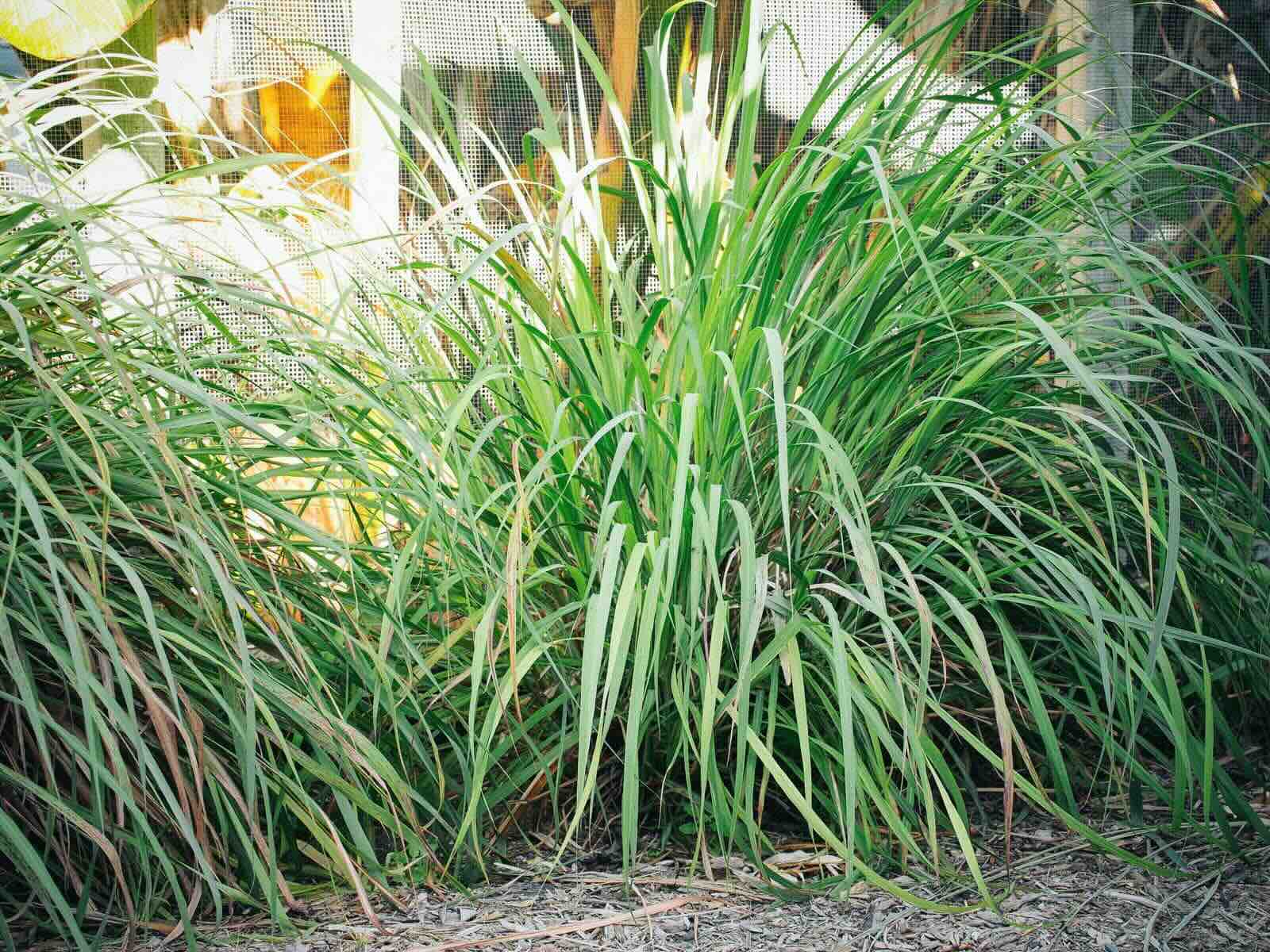
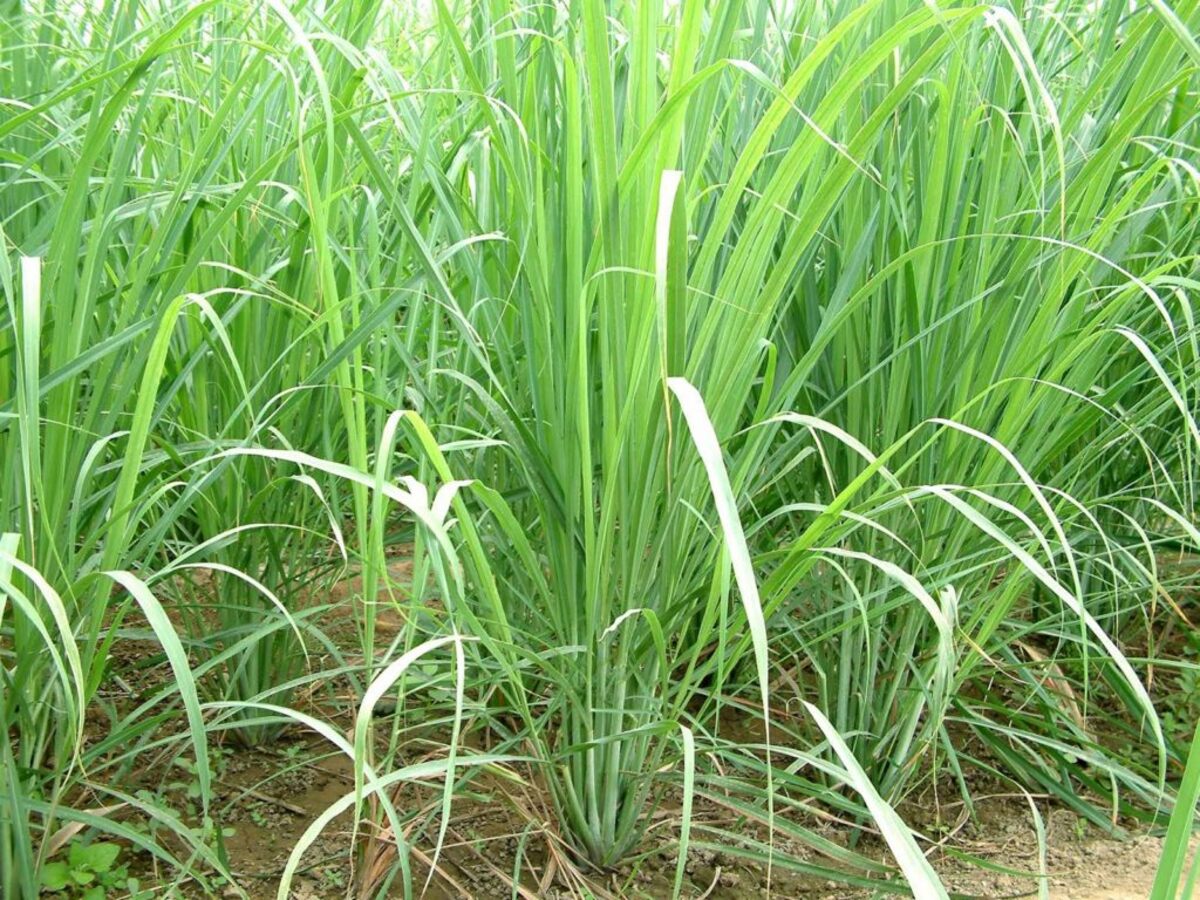
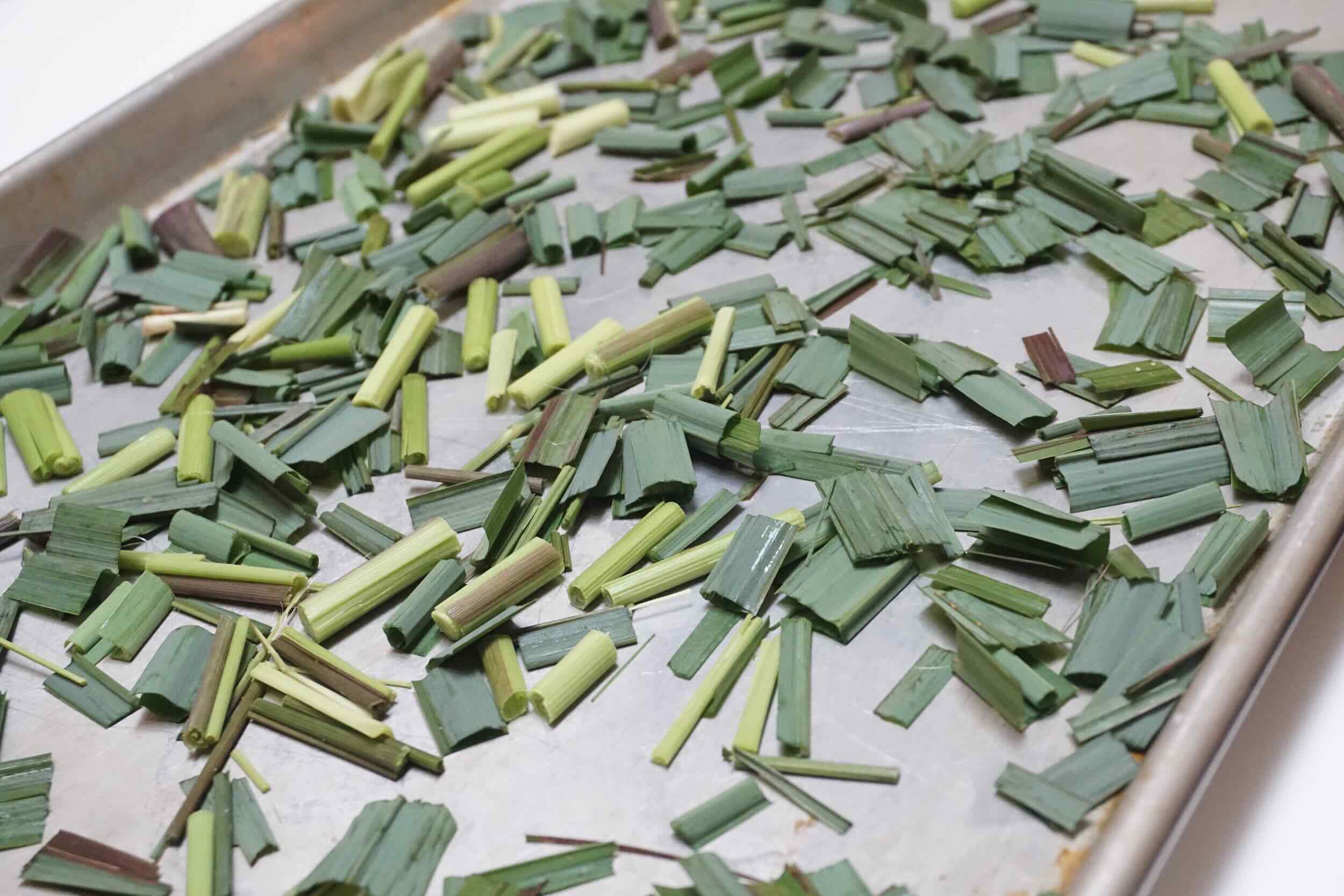
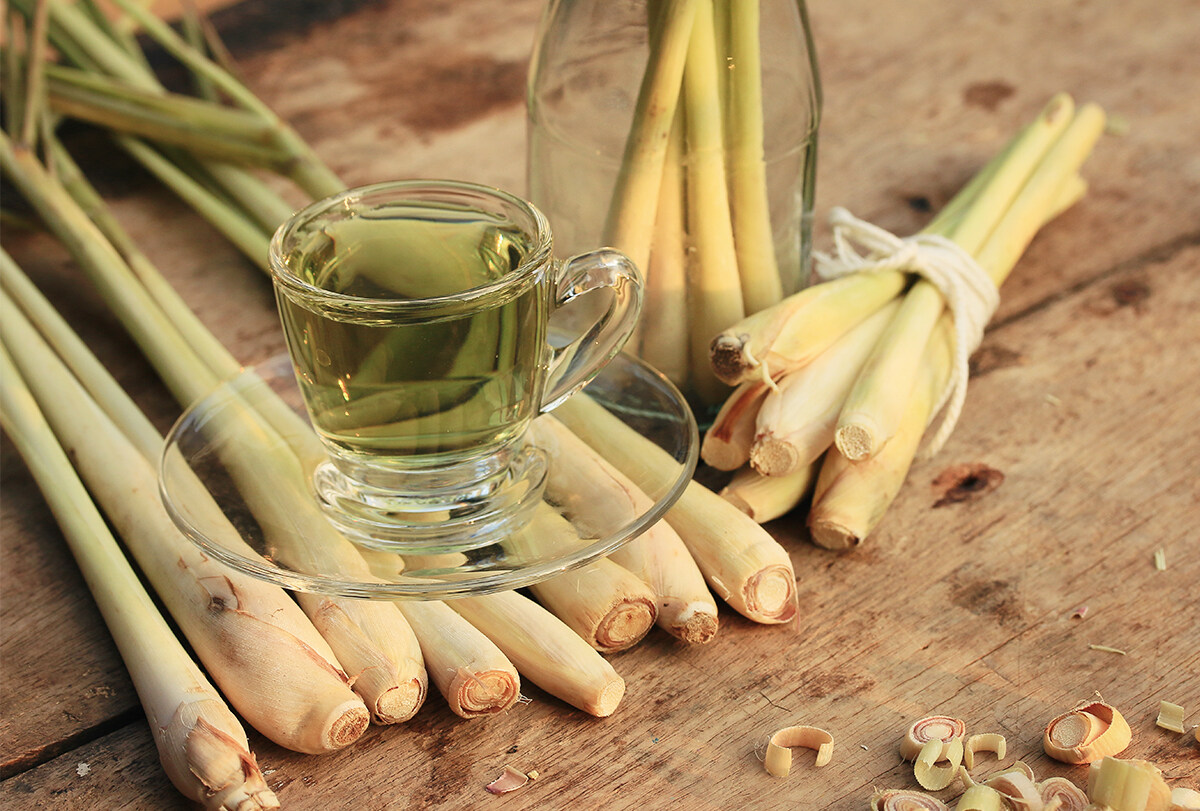
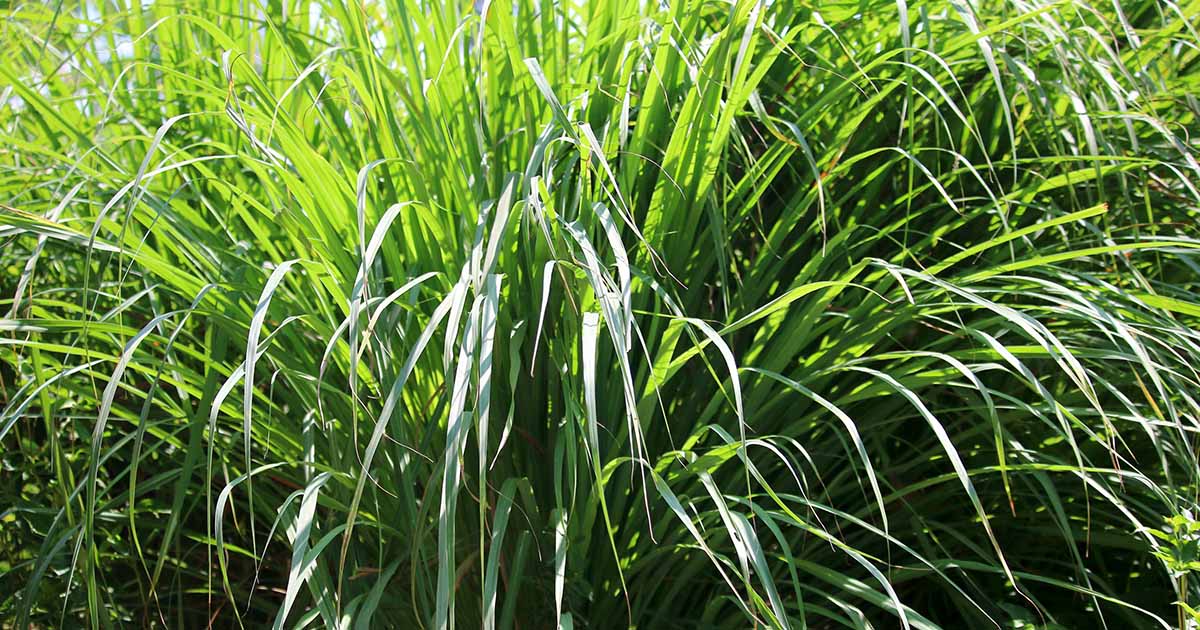
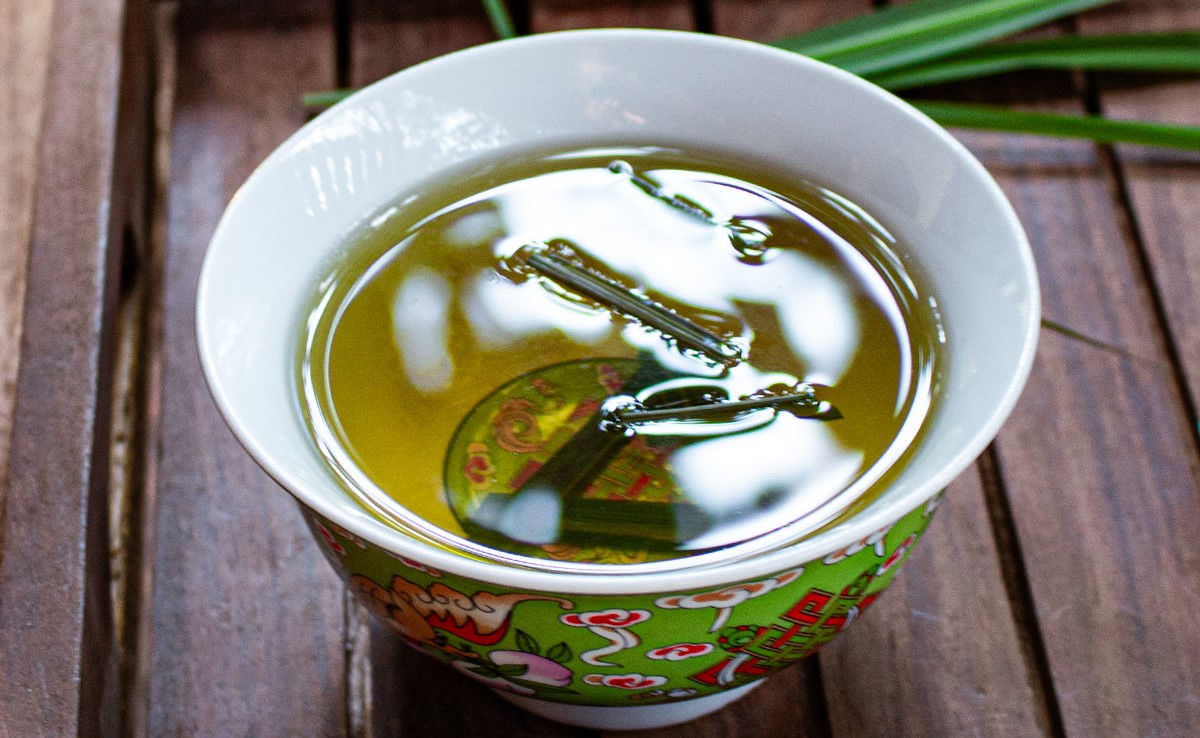
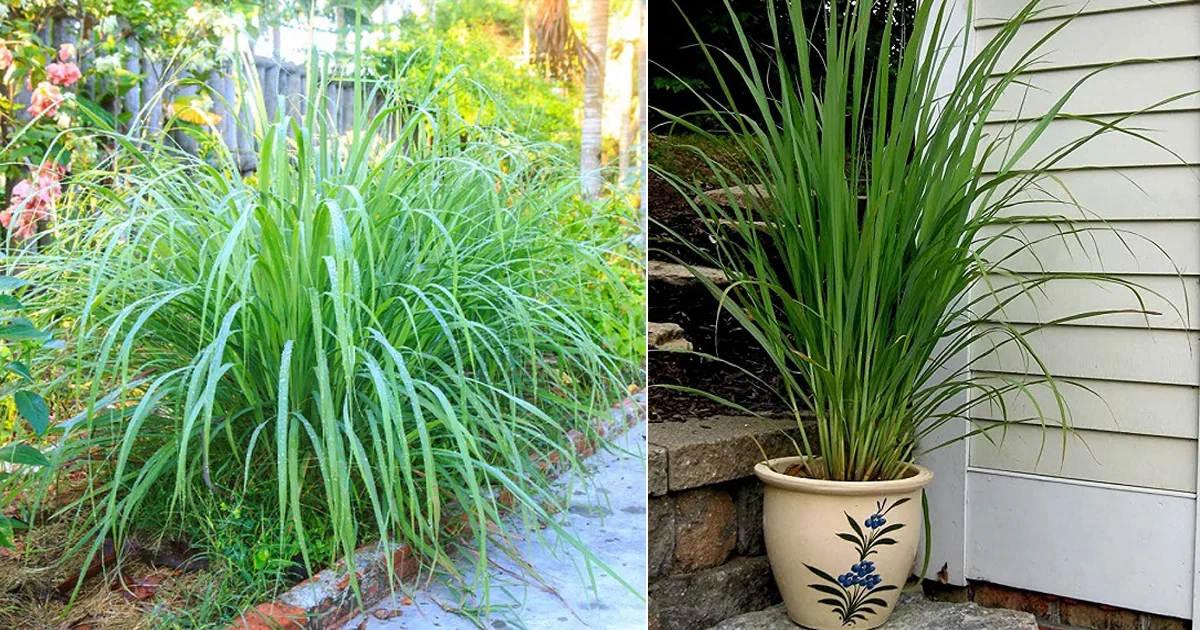
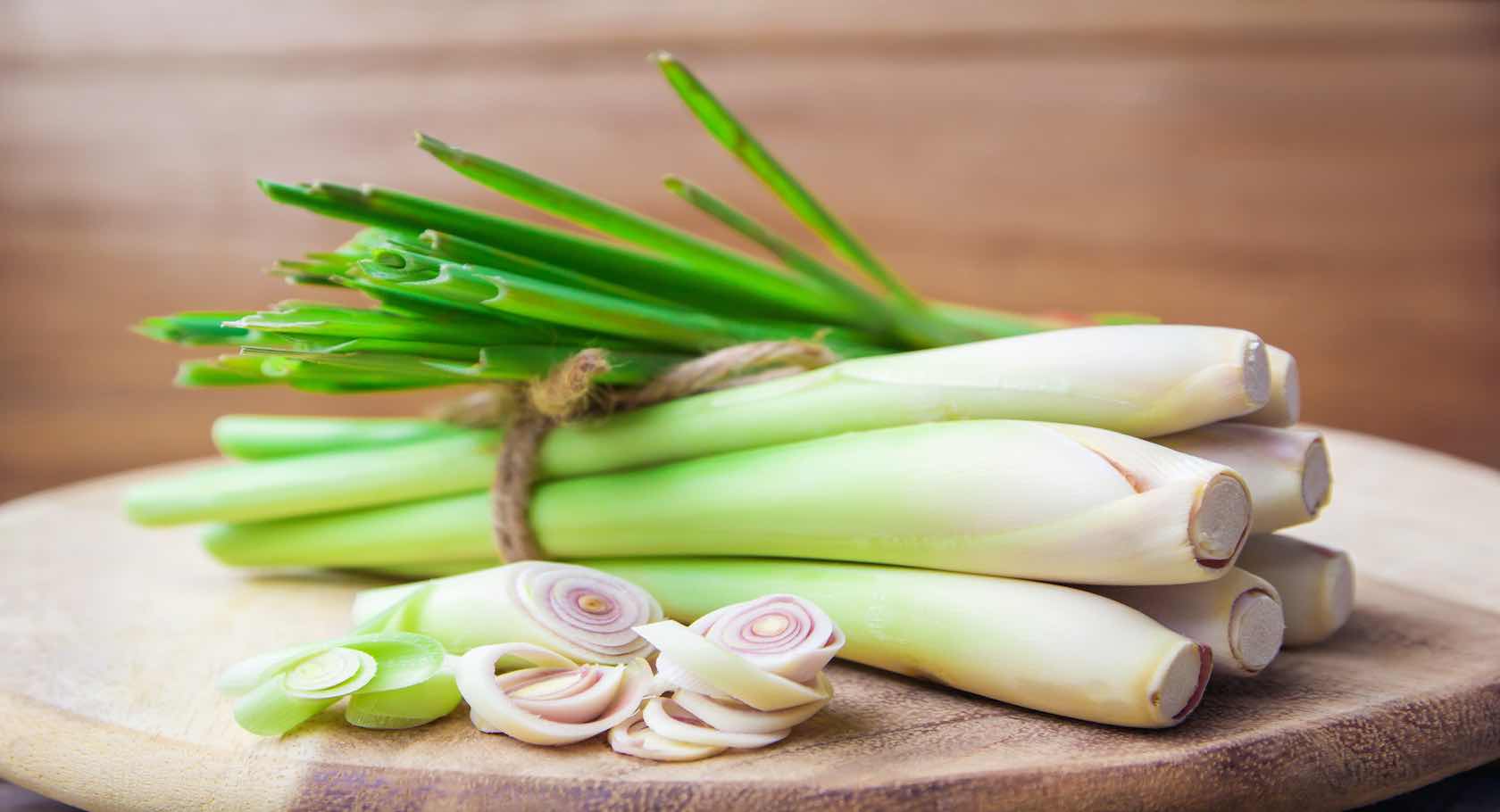
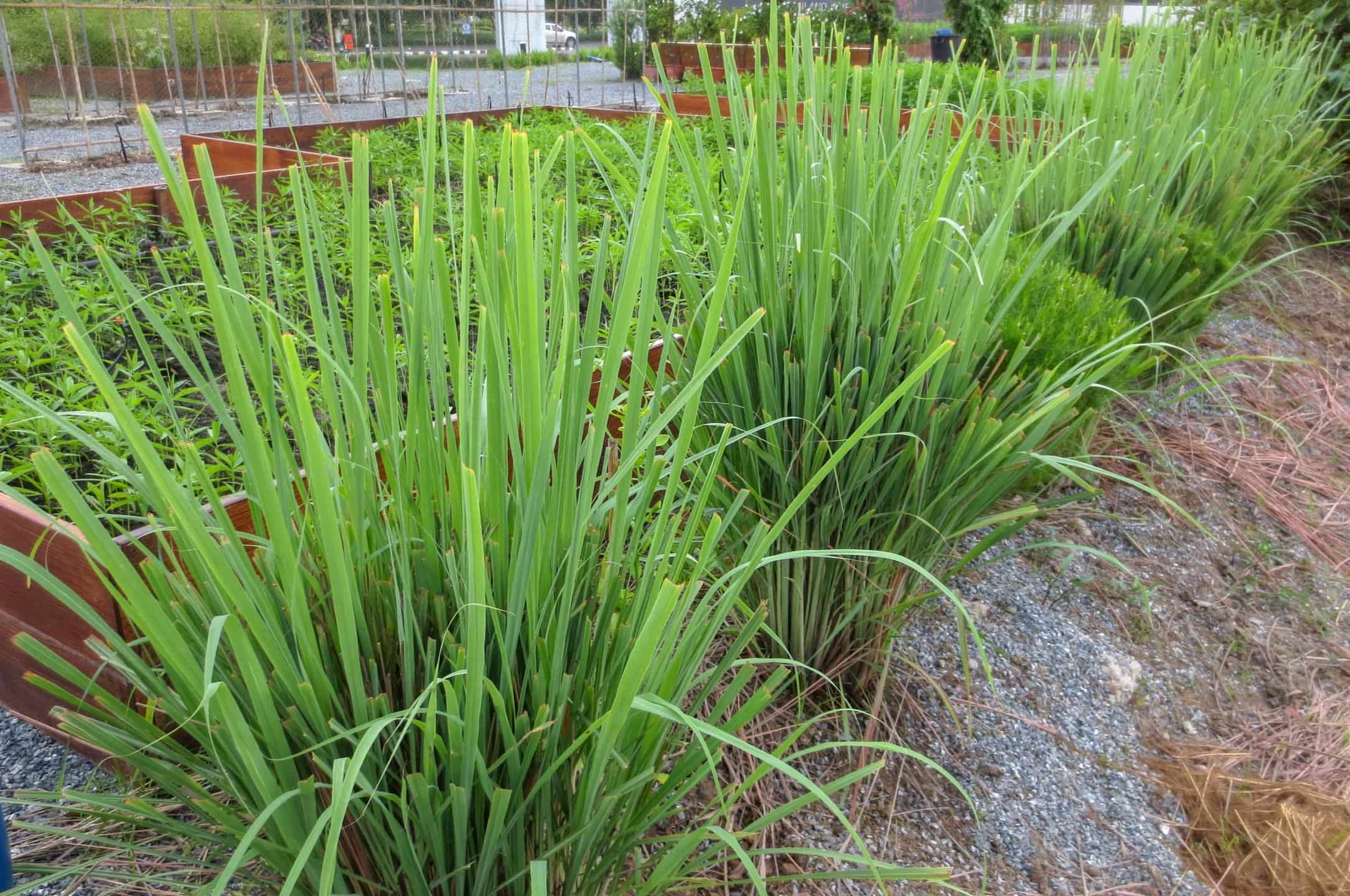
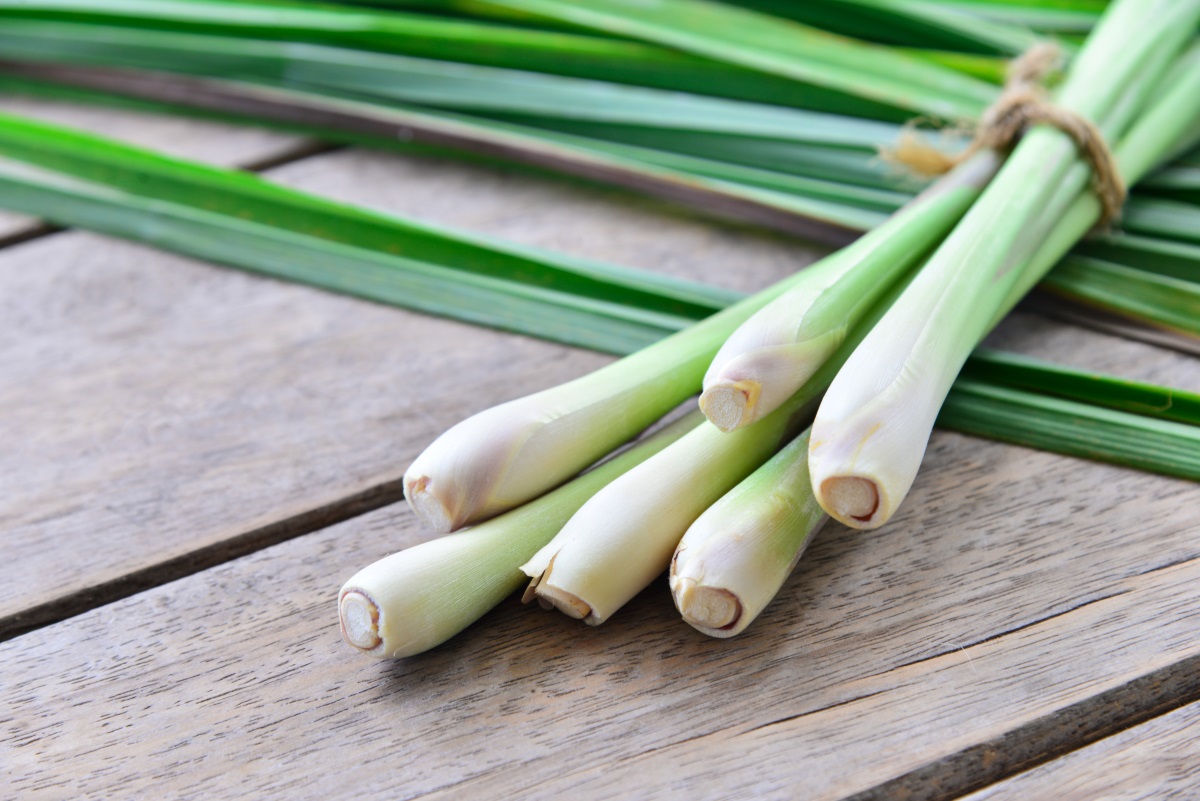
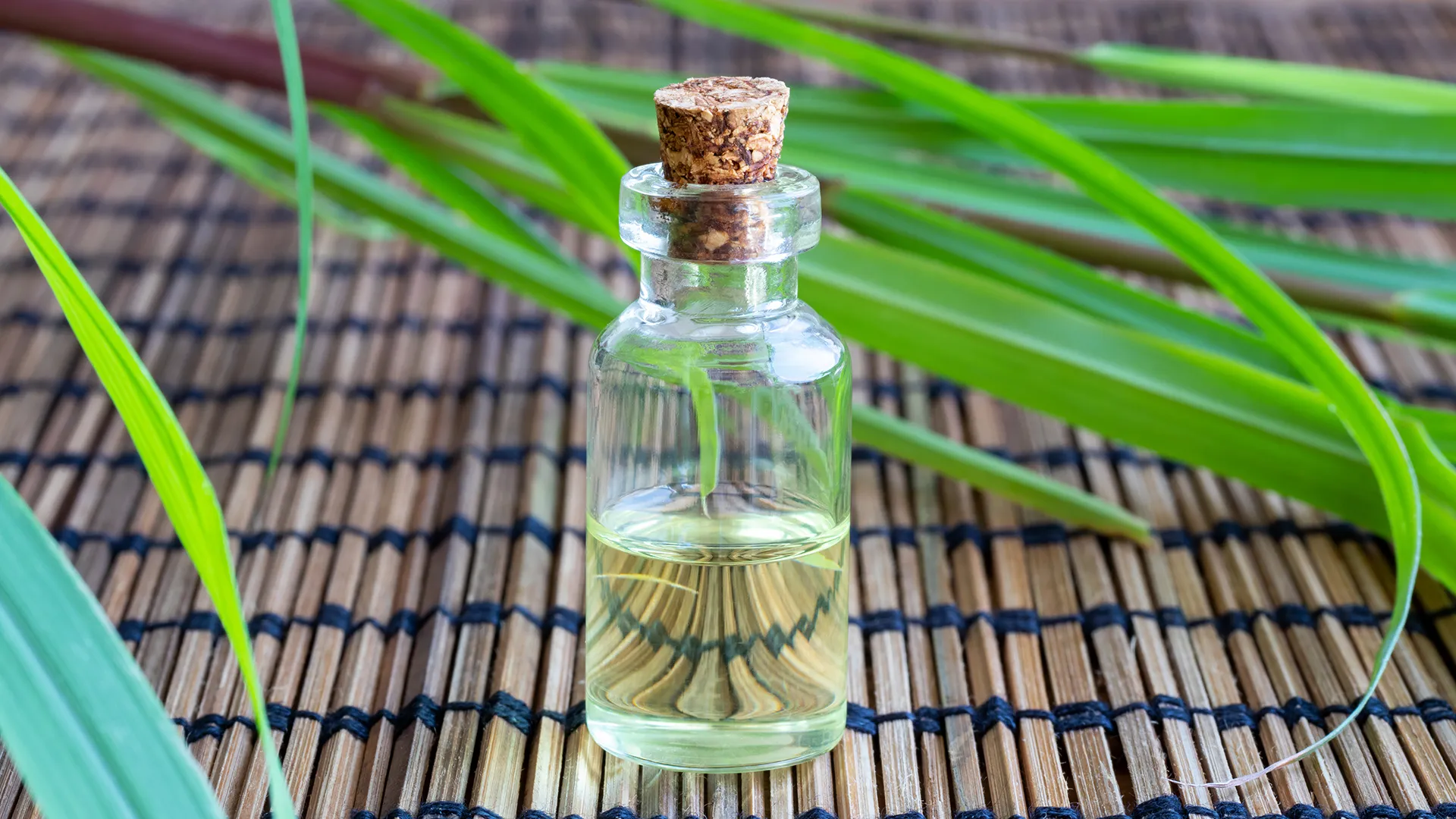



0 thoughts on “What Is Lemongrass For”